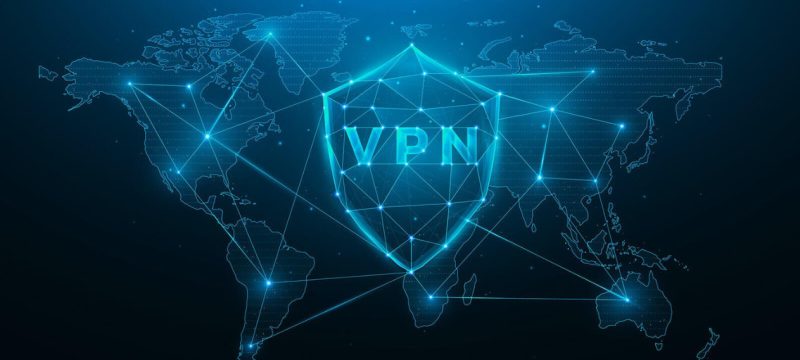The Pakistan Telecommunication Authority (PTA) has made it mandatory for banks, embassies, IT firms, and freelancers to register their Virtual Private Networks (VPNs). This step is part of PTA’s efforts to regulate VPN usage in the country while ensuring legitimate users, especially businesses, have secure and uninterrupted internet access.
On Thursday, the PTA held a consultation session at its headquarters, engaging key stakeholders, including CEOs from the Pakistan Software Export Board (PSEB), Pakistan Freelancers Association (PAFLA), the chairman of the Pakistan Software Houses Association (PASHA), and representatives from the Ministry of IT and Telecom (MoIT), Ministry of Foreign Affairs (MoFA), and the State Bank of Pakistan (SBP). The focus was on streamlining the VPN registration process while balancing security needs and business continuity.
Also Read: Internet Providers Criticize Government’s VPN Ban Approach
During the session, PASHA commended PTA’s efforts but suggested more time for VPN registration to prevent disruption to businesses. PTA officials emphasized their role in facilitating VPN registration to ensure data security and expressed readiness to continue consultations with stakeholders.
PTA Chairman Hafeezur Rehman clarified that action against illegal VPN users would not begin after November 30, though extending the deadline for registration lies with the government. He stressed that regulating VPNs is a standard global practice and that VPNs in Pakistan have been officially registered since 2010.
Addressing concerns about internet shutdowns and VPN blocking, Rehman explained that the perception of widespread VPN blocks is incorrect, and VPN regulation aligns with practices in other countries. He reiterated the need for secure and regulated VPN use for business operations.
The PTA chairman also participated in a seminar organized by TikTok on youth safety, highlighting the importance of protecting children online, referencing global practices in countries like Australia and the United States aimed at securing children’s digital spaces. Minister of State for IT Shaza Fatima Khawaja also underscored the need for stricter measures to ensure the safety of children in the digital realm.
This step to regulate VPNs comes at a time when cyber security concerns are growing, and it reflects Pakistan’s efforts to align with international standards while facilitating essential services for businesses and individuals.









